
How to unclog a dogs stomach?
When a dog that is usually lively and active suddenly becomes listless, with a bulging abdomen and even vomiting frequently, the distressing appearance makes every owner anxious.
Dogs, as our loyal and lovely companions in life, have given us endless joy and companionship. However, their health also constantly concerns us. Among the many factors threatening a dog's health, parvovirus is like a hidden "time bomb", and the parvo vaccine, which is the key to preventing this virus, has thus become the focus of attention for many pet owners. So, is it really necessary for dogs to get the parvo vaccine?
Parvovirus, whose full name is Canine Parvovirus (CPV), is a highly contagious and extremely harmful virus. It mainly attacks a dog's gastrointestinal tract and immune system, and it is especially deadly to puppies. Once a dog is infected with parvovirus, the initial symptoms may not be obvious, merely showing as listlessness and loss of appetite. But as the virus rapidly replicates in the body, the condition will deteriorate sharply. The dog will experience frequent vomiting and severe diarrhea. The feces often have a peculiar fishy smell and may even contain blood. The sick dog will quickly become dehydrated, lose weight, and be extremely weak. Eventually, it may die due to multiple organ failure.
Take the puppy in my friend's house as an example. It was a little Golden Retriever that had just turned three months old. My friend thought that since the dog was kept at home and didn't come into contact with the outside world, it wouldn't get sick, so he didn't take it to get the parvo vaccine in time. However, by chance, my friend took the little Golden Retriever for a walk in the neighborhood. When passing by a patch of grass, the little Golden Retriever played on the grass for a while. Unexpectedly, there might have been the excrement of other dogs infected with parvovirus remaining on that patch of grass. A few days later, the little Golden Retriever began to show symptoms of vomiting and diarrhea. My friend quickly took it to the hospital, and it was diagnosed with parvovirus infection. Watching the little Golden Retriever lying weakly in the hospital and moaning in pain, my friend was filled with remorse. Despite the doctor's all-out efforts to treat it, the little Golden Retriever still couldn't overcome the disease and passed away. This painful experience made my friend deeply realize the importance of the parvo vaccine and also made those around him more vigilant about parvovirus.
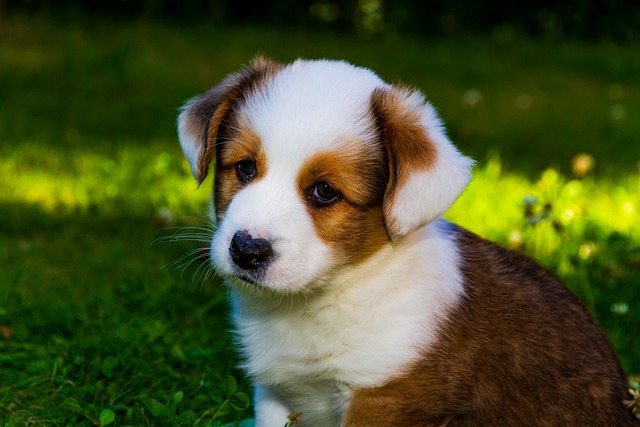 The principle of how the parvo vaccine works is to inject specially treated viruses or their partial components that have lost their pathogenicity but still have immunogenicity into the dog's body, stimulating the dog's immune system to produce corresponding antibodies. When the dog is actually exposed to parvovirus in the future, these pre-existing antibodies can quickly recognize and neutralize the virus, preventing the virus from replicating and spreading in the body, thus protecting the dog from infection or alleviating the symptoms after infection.
The principle of how the parvo vaccine works is to inject specially treated viruses or their partial components that have lost their pathogenicity but still have immunogenicity into the dog's body, stimulating the dog's immune system to produce corresponding antibodies. When the dog is actually exposed to parvovirus in the future, these pre-existing antibodies can quickly recognize and neutralize the virus, preventing the virus from replicating and spreading in the body, thus protecting the dog from infection or alleviating the symptoms after infection.
Generally, puppies can start getting the first dose of the parvo vaccine at 6 to 8 weeks of age. After that, they need to be vaccinated 2 to 3 times continuously at regular intervals, usually every 2 to 4 weeks, to ensure that the dog can develop sufficient and long-lasting immunity. Adult dogs also need to be vaccinated for reinforcement regularly. Usually, they are vaccinated once a year to maintain an effective level of antibodies in the body.
Some owners may be lucky enough to think that their dogs rarely go out and have few opportunities to contact other dogs, so they don't need to get the parvo vaccine. But in fact, the transmission routes of parvovirus are very extensive. In addition to direct contact with infected dogs, indirect contact with environments and objects contaminated by the virus, such as grass, toys, food bowls, and even the owner's shoes, may all cause the dog to be infected with the virus. Moreover, the virus has a strong survival ability in the external environment and can survive for months or even years. So, whether a dog goes out frequently or stays at home most of the time, there is a risk of being infected with parvovirus.
Getting the parvo vaccine is not only for the dog's own health but also a safeguard for the health of the entire dog population. Every vaccinated dog is contributing to building a herd immunity barrier. When most dogs are vaccinated, the spread of the virus will be greatly restricted, thus reducing the risk of all dogs being infected with the virus.
The parvo vaccine is definitely crucial for dogs. It is a powerful weapon for us to protect the health of dogs. It can effectively prevent dogs from being infected with parvovirus and avoid dogs from suffering from the pain of the disease. As dog owners, we shoulder the responsibility of protecting their health. Don't let the dogs be exposed to danger due to momentary negligence or a lucky mentality. Take the dog to get the parvo vaccine in time and, with our actions, build a solid defense line for the dog's happy life. After all, having the dog accompany us healthily and happily is our greatest wish.

When a dog that is usually lively and active suddenly becomes listless, with a bulging abdomen and even vomiting frequently, the distressing appearance makes every owner anxious.
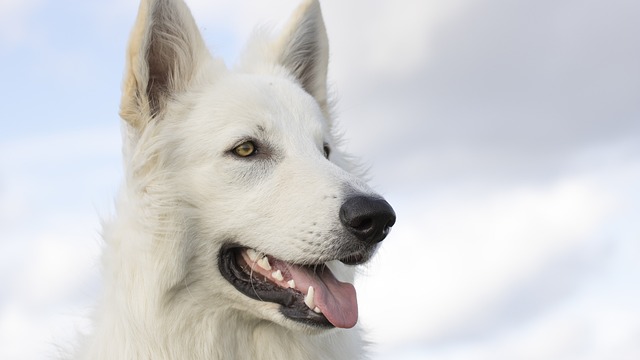
When a pet dog has a fungal infection, the owner is often extremely anxious and eager to know how long it will take for the dog to recover. This is not only related to the dog's health but also tugs at the owner's heart.
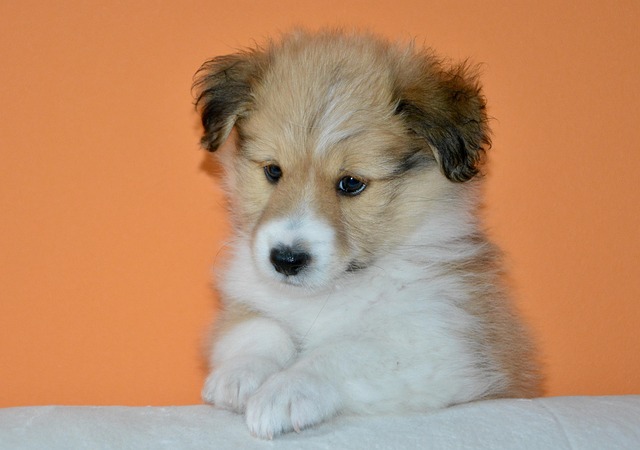
When we gently stroke the ears of our pet dogs, feel the soft touch, and watch them enjoy this tenderness, our hearts are filled with warmth. However,
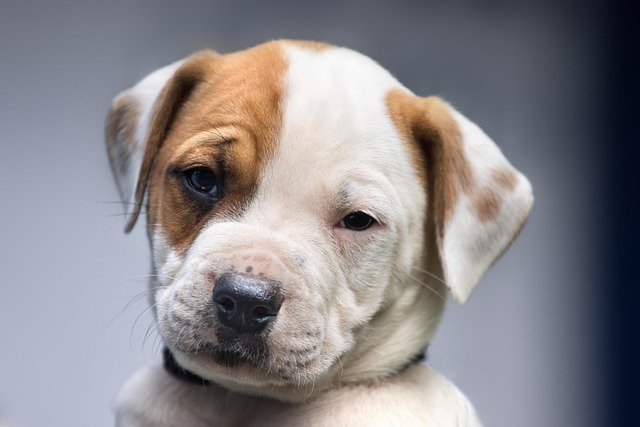
When the furry little puppy wagged its tail and stumbled towards us, its innocence and dependence instantly melted our hearts. However, when we find that the little guy who is usually lively and energetic suddenly starts to have diarrhea,
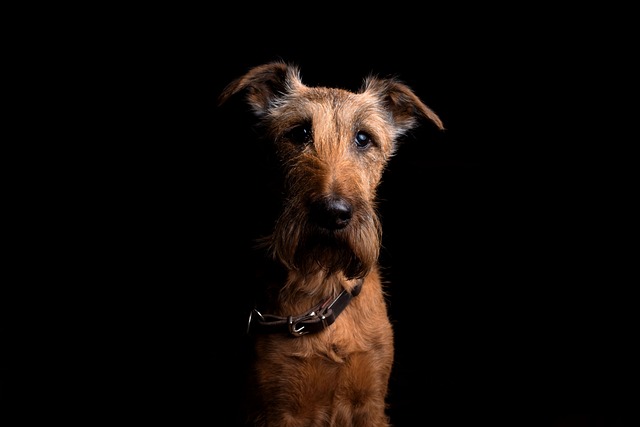
When we stroke the soft fur of dogs, watch them wag their tails happily, and enjoy the warm time together, our hearts are always filled with happiness.
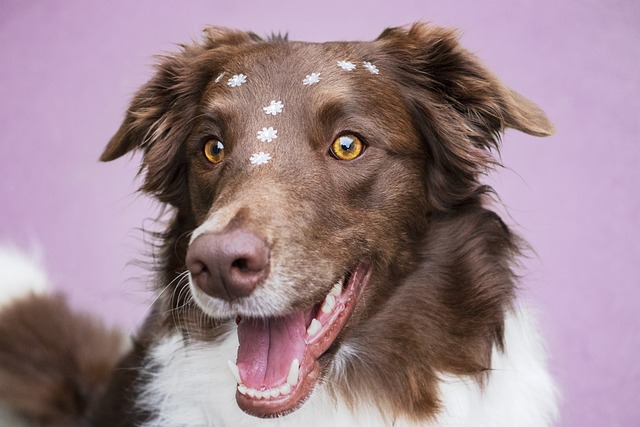
When we see the dog squatting in the corner, straining hard but having difficulty defecating smoothly, and its originally lively eyes full of discomfort and helplessness,